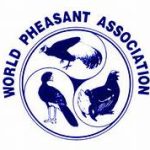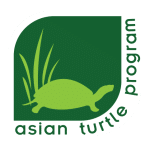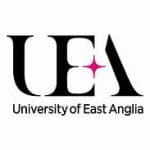Conservation
The Thrigby Hall Conservation Fund is committed to taking action to tackle the rapid declines and extinctions of our planet's rich biodiversity. We support field conservation work both here and overseas.
Thrigby Hall Wildlife Gardens is a member of BIAZA (British and Irish Association of Zoos and Aquariums). Alongside other BIAZA members, we work as a community to make a significant contribution to conservation. BIAZA members support more than 800 field conservation projects, contributing approximately £24 million per year. They supply skills, staff and equipment for wildlife conservation, and essential materials for education and awareness programmes in developing countries. They also play an important role in conservation awareness-raising in the UK, support conservation campaigns and facilitate the career development of young conservationists.
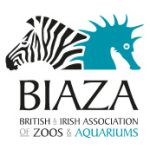
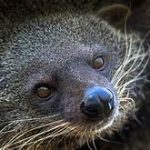
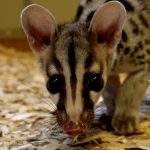
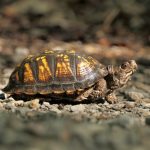
The Thrigby Hall Conservation fund was set up to raise money and help to support important wildlife conservation work both at home and abroad. The main aim of the Conservation Fund is to raise funds and to educate and engage our visitors about the species at Thrigby Hall, and the species which are threatened with extinction that we support through our conservation projects.
The Thrigby Hall Conservation Fund is proud to have worked with and supported the following conservation projects:
We have provided financial support to CSPG (Conservation Specialist Plannig Group). Their mission is to save threatened species by increasing the effectiveness of conservation efforts worldwide. For 40 years, they have accomplished this by using scientifically sound, collaborative processes that bring together people with diverse perspectives and knowledge to catalyze positive conservation change. They provide species conservation planning expertise to governments, Specialist Groups, zoos and aquariums, and other wildlife organizations.
We have worked with the World Pheasant Association to support their field conservation projects and are involved in their captive breeding programme to provide a vital lifeline to species that are threatened in the wild.
We are actively involved in a Binturong Study Programme on Palawan Island in the Philippines. The main purpose of the project is to improve knowledge about the ecology of binturongs and determine their current population status, through scientific studies using camera-trapping and radio-tracking methods. This data is fundamental to create an adequate conservation program.
We work closely with the Asia Turtle Program in Vietnam and have helped with the construction of the new hatchling building development at the Turtle Conservation Centre in Cuc Phuong National Park, northern Vietnam. The Asian Turtle Program is building captive assurance populations of Asian Turtle species to provide a safety net in case of extinction in the wild. Here, many rescued turtles from illegal trade are rehabilitated and released when possible.They also undertake field surveys each year, with a focus in central Vietnam, to find surviving wild populations of these species and identify areas which can be protected in the future. This includes working with Vietnamese authorities and local committees to raise awareness of the plight of the box turtles and engage communities in their conservation. Here at Thrigby we have recently re-developed an area of our Swamp House to house Asian Turtles to raise thier profile and to inform our visitors of their plight.
We have contributed to Chester Zoo Research, Owstons Palm Civet Endocrine study to support the breeding in captivity of this extremely rare and threatened species. There are less than 30 of these animals in captivity globally and numbers in the wild rapidly declining. Our goal is to become instrumental in the captive breeding of Owstons Palm Civets. A new enclosure was designed and built at Thrigby to specific requirements to offer the best possible opportunity to encourage breeding. We are working closely with other zoos and with Save Vietnams Wildlife to support captive breeding with the aim of reintroduction to the wild.
Closer to home, we have supported the University of East Anglia. Their Researchers have launched a campaign to raise vital funds for collaborative research into the unprecedented high incidence of hare deaths across the UK.
We also work closely with Norfolk Wildlife Trust and have recently sponsored wildflower seeds to help with their development of the Trinity Wood in our neighbouring village of Filby.
Click below to view the Thrigby Hall Wildlife Gardens Sustainability Policy and Conservation Strategy.

